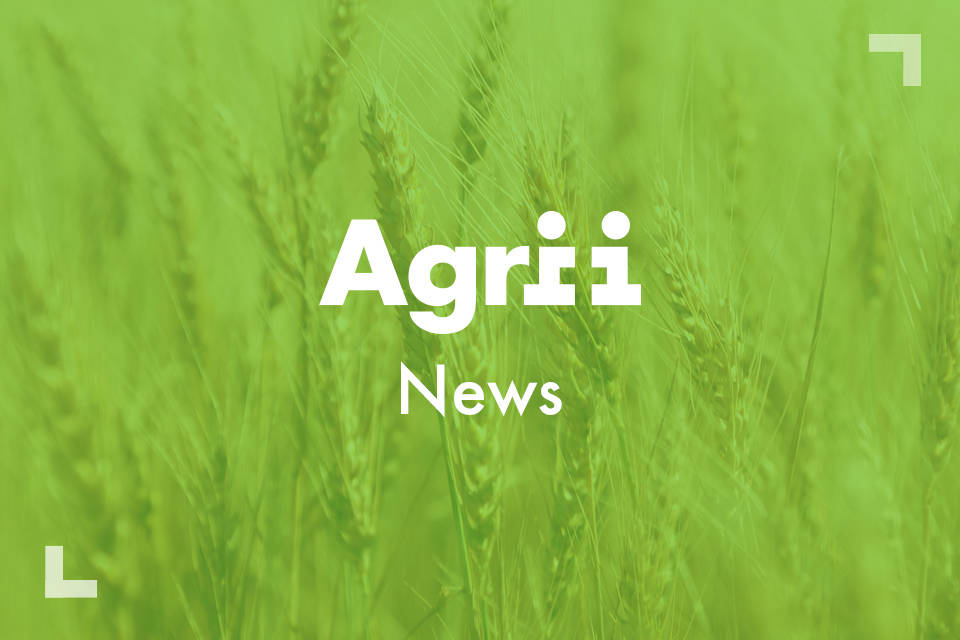
How to get the most out of multi-species leys
News - 05.04.24
Optimising multi-species leys in livestock systems demands a distinct management approach from traditional grasslands, yet the potential benefits in suitable circumstances are substantial.
With the new Sustainable Incentive Scheme offering £382/ha for planting multi-species leys (MSLs), interest in them is surging. However, livestock producers must carefully assess their integration into existing forage systems, advises Agrii agronomist Mark Smyth.
While MSLs offer numerous advantages, such as enhanced biodiversity and improved soil health, they necessitate a different management regimen compared to typical ryegrass swards to fully exploit the benefits of various species in the mix.
"MSLs typically consist of grass, legumes, and herb species, collectively creating a more diverse forage with greater resilience to climatic extremes and significantly contributing to soil structure and fertility," explains Mark.
"These diverse species, with varying rooting depths, effectively alleviate compaction. Leguminous plants like Sanfoin and Clover actively fix nitrogen, enhancing soil fertility. Additionally, certain species like Chicory and Plantain, with their deep roots, extract minerals from the soil, promoting livestock health and growth, particularly during dry periods."
Time of Planting Importance
Those enticed by the £382/ha SFI payment have a 12-month window from signing up to planting their MSLs, requiring thoughtful timing considerations, advises Smyth.
"When establishing a full reseed MSL with grass, spring or autumn planting is suitable. However, for overseeding, spring poses challenges due to the critical need for seed-to-soil contact and a minimum soil temperature of 8 - 10°C," Smyth advises.
"August/September is often preferable for overseeding to minimize grass and weed competition. If considering spring, it's vital to lightly graze afterward to prevent smothering of new seedlings."
Species with rapid growth rates in mixes, such as Chicory, necessitate specific management, Smyth adds.
"These species require frequent grazing and are better suited for silage-making in a multi-cut system to prevent overgrowth and maintain optimal silage quality."
"Managed effectively, MSLs offer a nutrient-rich, environmentally beneficial forage source, bolstered by the generous incentive from the latest SFI scheme for their utilisation."
Multi-Species Leys Impress on North Devon Farm
Entering his third year of utilising multi-species leys for fattening over 900 lambs annually, North Devon livestock producer Mike Bellew shares valuable insights into maximizing their benefits.
"It's a learning curve. You need a different mindset from managing grassland, but the lambs have thrived on them, and management is relatively straightforward," says Bellew, who operates Gammaton Barford Farm with his wife and daughter.
"The financial incentive adds to the appeal. When we initially drilled them, it was under the mid-tier of the countryside stewardship scheme, but they'll be included in the new Sustainable Farming Incentive (SFI) arrangements in the future."
With a diverse operation comprising 500 breeding ewes, 100 cattle for finishing annually, and arable production, Gammaton Barford Farm embraces a mixed farming approach. Bellew outlines their experience with MSLs and ongoing management challenges.
"We've observed significant weed issues in areas previously grassland, necessitating careful management to preserve the diversity of the new ley. Additionally, drilling date impacts germination and establishment, particularly for species with smaller seeds."
"Strip grazing has been adequate, but we're transitioning to rotational grazing for improved efficacy. Despite seasonal variations, the ley's diverse species offer resilience and consistent growth."
Bellew underscores the importance of prudent management for sustained productivity, emphasizing avoidance of overgrazing and careful attention to species diversity.
"With proper care, MSLs can maintain productivity throughout their lifespan, and I plan to expand their usage under the new SFI scheme in the coming years."
Join Our Community

Agrii X
We love engaging with clients and partners. Give us a follow and let's share stories for the community.

Agrii Instagram
A picture paints a thousand words. Follow us on Instagram to see what we are up to.

Agrii Facebook
Follow us on the worlds biggest social media site for the latest news and events straight to your feed.

Agrii LinkedIn
If you are all about the business, connect with us on LinkedIn to build your network
Stay In Touch

Newsletter Sign-Up
Receive email updates on topical news and information from around Agrii and UK Farming.

Listen To Our Podcasts
Listen to the Tramlines Podcast. Fortnightly chat about agriculture and trials with your host Tony Smith.

Agrii Insights
Read essential agri intelligence for profitable farming.

Find an Event
Join us for our upcoming events and tours.



